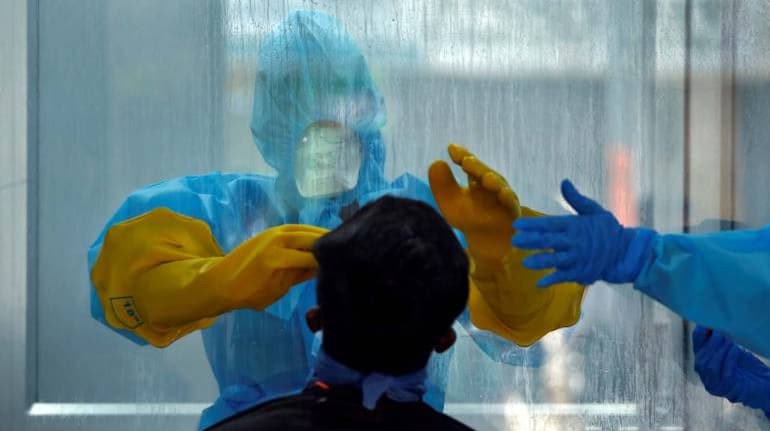
The Karnataka government will bear the cost of COVID-19 treatment of patients referred by public health institutes (PHI) to private healthcare providers (PHP) in the state, reported Mint.
According to the report, the state health department has announced that it will foot the bill of referred COVID-19 patients in private hospitals after receiving criticism for fixing “high-cost treatment” at these hospitals, which are roped in to aid efforts to battle the coronavirus pandemic.
“For COVID-19 patients referred by the PHIs to private healthcare providers, the cost of the treatment is completely free and (the) government will pick up the cost," stated a statement by the health department, said the report.
The government roped in private hospitals to treat COVID-19 patients in the state. It announced a cap on coronavirus treatment package rates in private hospitals for those referred by public health facilities in the range of Rs 5,200 to Rs 10,000. The rate for patients who approach private hospitals directly will be in the range of Rs 10,000 to Rs 25,000.
Follow our LIVE blog for the latest updates of the novel coronavirus pandemic
A June 23 order stated that the package rates for patients referred by the public health authorities will be Rs 5,200 for general ward, Rs 7,000 for high-dependency unit (HDU), Rs 8,500 for isolation without ventilator and Rs 10,000 for isolation with ventilator.
The package rate ceiling for patients directly admitted to private hospitals under the non-insurance category who make cash payment will be Rs 10,000 for general ward, Rs 12,000 for HDU, Rs 15,000 for isolation without ventilator and Rs 25,000 for isolation with ventilator.
However, these rates would not be applicable for those subscribing to the insurance packages and the patients as per the agreement between the hospital and the corporates for their executives and employees. Also, there will be no ceiling for suites.
As per the order, 50 percent of the beds in private hospitals having facilities to treat coronavirus cases shall be reserved for the treatment of patients referred by the public health authorities and this will include High Dependency Units and Intensive Care Units, which could be with or without ventilators. The remaining beds hospitals can use to treat patients privately, the order read.
As per the order, while calculating 50 percent of the beds to be utilised by government patients, the number will be counted irrespective of the fact that the beds are located in general wards, sharing wards or in private wards.
(With inputs from PTI)
Follow our full coverage on COVID-19 here.
Discover the latest business news, Sensex, and Nifty updates. Obtain Personal Finance insights, tax queries, and expert opinions on Moneycontrol or download the Moneycontrol App to stay updated!